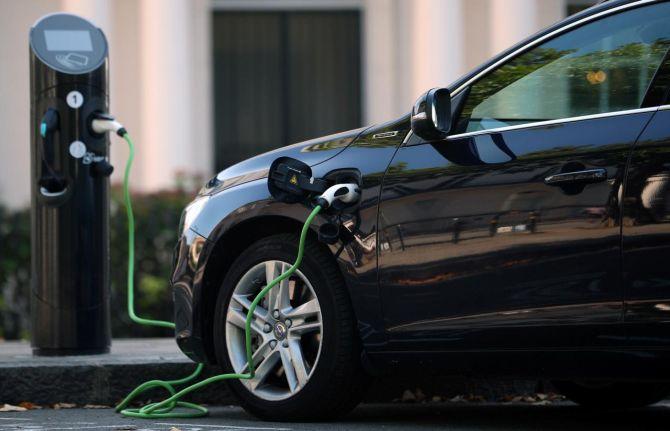The new scheme, promoting manufacturing of electric vehicles (EVs) by global majors, will give a fillip to companies like Tesla and its upstart rival Vinfast, both of whom have lobbied for lower import duties from the Centre.

While Vinfast has already announced an investment of Rs 4,000 crore to set up an electric vehicle (EV) plant in Tamil Nadu, Tesla’s next move will be watched carefully.
Four years ago, Musk announced that his company would come to India.
He registered a firm in Bengaluru to import cars and set up company-owned retail showrooms, like in the US.
But he made no secret of the stumbling block ahead on X.
Musk said that India had one of the highest import duties in the world. He added that this is inconsistent with its climate goals and asked for substantial duty reduction.
But that kicked off a storm — domestic players like Mahindra and Mahindra (M&M) and the Tatas lobbied through the Society of Indian Automobile Manufacturers (SIAM), saying that such a move would be unfair, considering the government had set up a high localisation threshold for the Indian industry.
Highways Minister Nitin Gadkari, who invited him, said that Musk has to first set up a manufacturing unit, rather than merely import from China.
Government officials also said there is no question of import duty reduction before Tesla commits to manufacturing in India.
Clearly, Musk was neither successful in extracting concessions on imports nor did he get permission for single-brand retail.
In May 2022, after several rounds of talks, letter exchanges with the government and a plethora of tweets, which reflected his failure, Musk decided to shelve his India plan.
But just a year later, a Tesla delegation was back in the game, meeting officials in the Prime Minister’s Office (PMO) and the commerce ministry.
The company, according to government sources, was ready to invest $3 billion in the plant.
And, its partners in the ecosystem planned to shell out another $10 billion.
Tesla also sets sights in doubling component supplies from India to $1.7-1.9 billion.
Many things had changed — Musk was looking at hitting 20 million cars annually by 2030 from 1.3 million now.
He was eyeing setting up a dozen gigafactories across the world to achieve it.
Musk acknowledged that he was looking at India as one of the destinations.
He also met Prime Minister Narendra Modi in the US and reiterated his wish to do business in India.
It makes sense as Musk is planning a compact car priced at around $25,000 for the Asian and Latin American markets.
For one, he could leverage the vibrant components’ industry in the country, which was already supplying Tesla for years.
And the electric domestic market by 2030 would be reasonably big — accounting for 15 per cent of total car sales, according to some estimates.
Also, this would also help the car giant to hedge its over dependence on China — for both sales and production.
From India’s perspective, getting a global iconic brand after Apple Inc could make a big difference to India’s heft in the global manufacturing supply chain.
It will also clearly pull up the country’s EV technology base and make India a hub for such exports.
The government has also provided assurances to the domestic industry that their interests would be safeguarded.
Says a top executive of a leading car company: “I think there are enough safeguards.
"The electric top-end car market (above $35,000) is miniscule in the country.
"It does not impact the broader, larger and the growing EV market."











